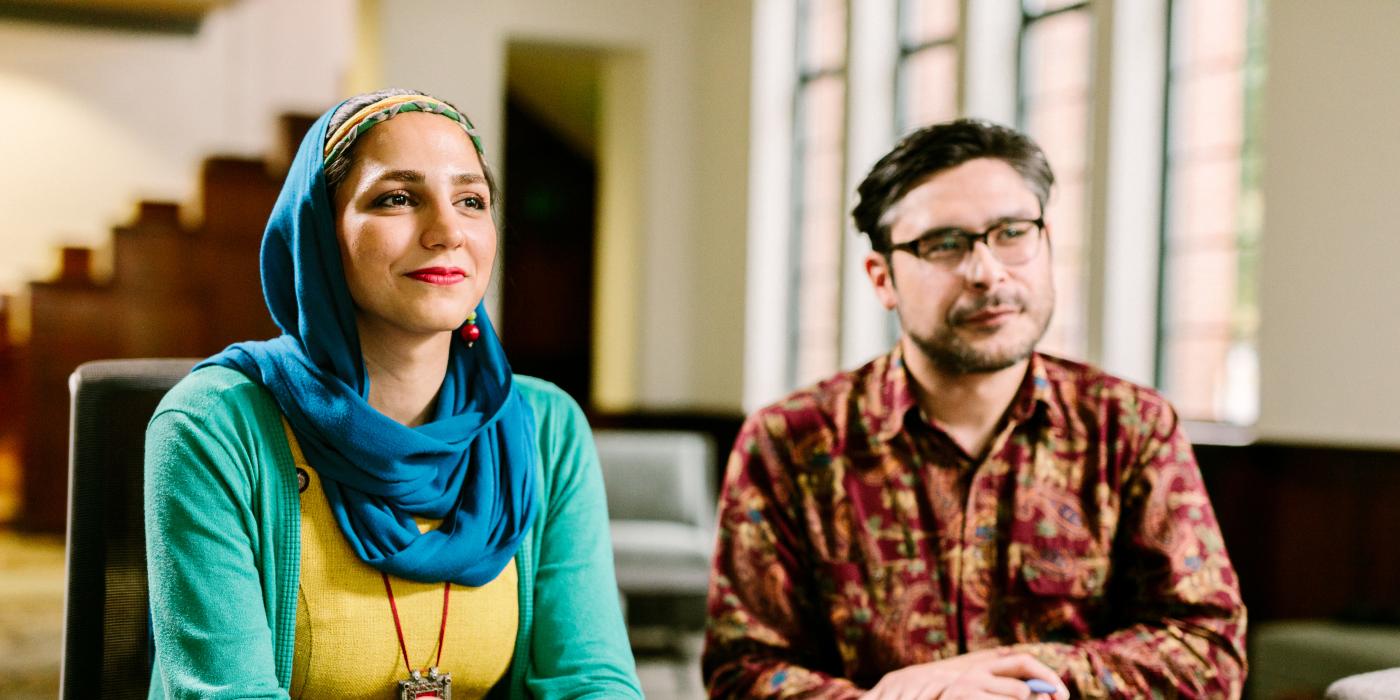Bridging Perception and Reality
As a graduate student from Karaj, Iran, Zhara Ameli Renani appreciates the sense of “somebodiness” she feels at Western Michigan University (WMU). In a speech to WMU’s Board of Trustees in June, Renani used the term—coined by Dr. Martin Luther King Jr. in describing the impact of the civil rights movement—to portray the feeling of respect, belonging, and worth she has experienced at the university.
Speaking in her capacity as vice president of WMU’s Graduate Student Association, Renani cited examples of how faculty and administrators have created a welcoming environment for international students, including creating a space for Muslim students to pray, pointing international students to campus resources for personal and academic support, and addressing students’ concerns promptly and with compassion. For example, a few days after President Trump imposed a travel ban on several Muslim-majority countries in 2017, one professor organized a panel discussion to answer students’ questions and address their fears.
“‘Somebodiness’ [comes from] these precious gifts all of you have been generous enough to share with us,” Renani told the trustees. “We have left so much behind to come here as international students.…Despite all these struggles, our nervousness, moments of hesitation, and our uncertainty about what is waiting for us in the future, we are still here….Our presence comes along with hope, happiness, satisfaction, and a high sense of ‘somebodiness.’”
The reality of Renani’s experience at WMU has, for the most part, matched the expectations she brought upon arrival in the United States 3 years ago. She












